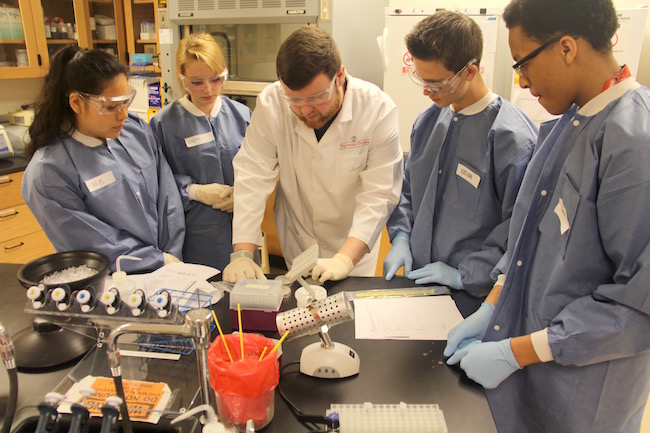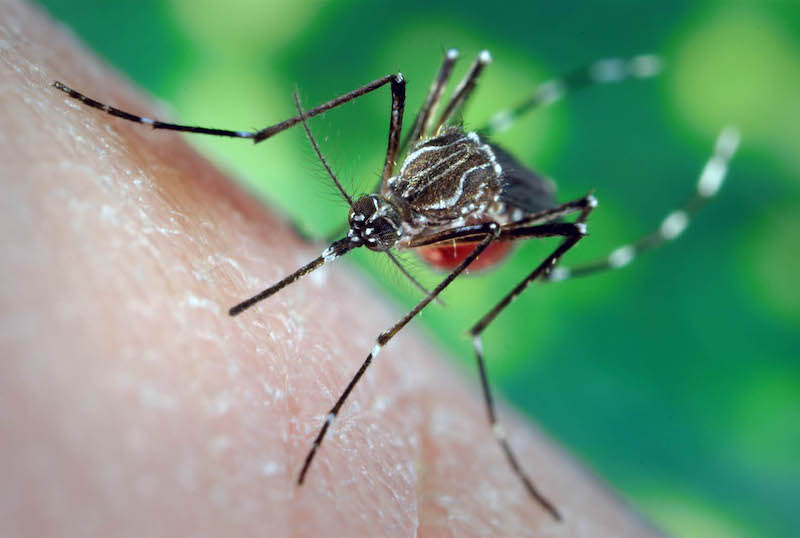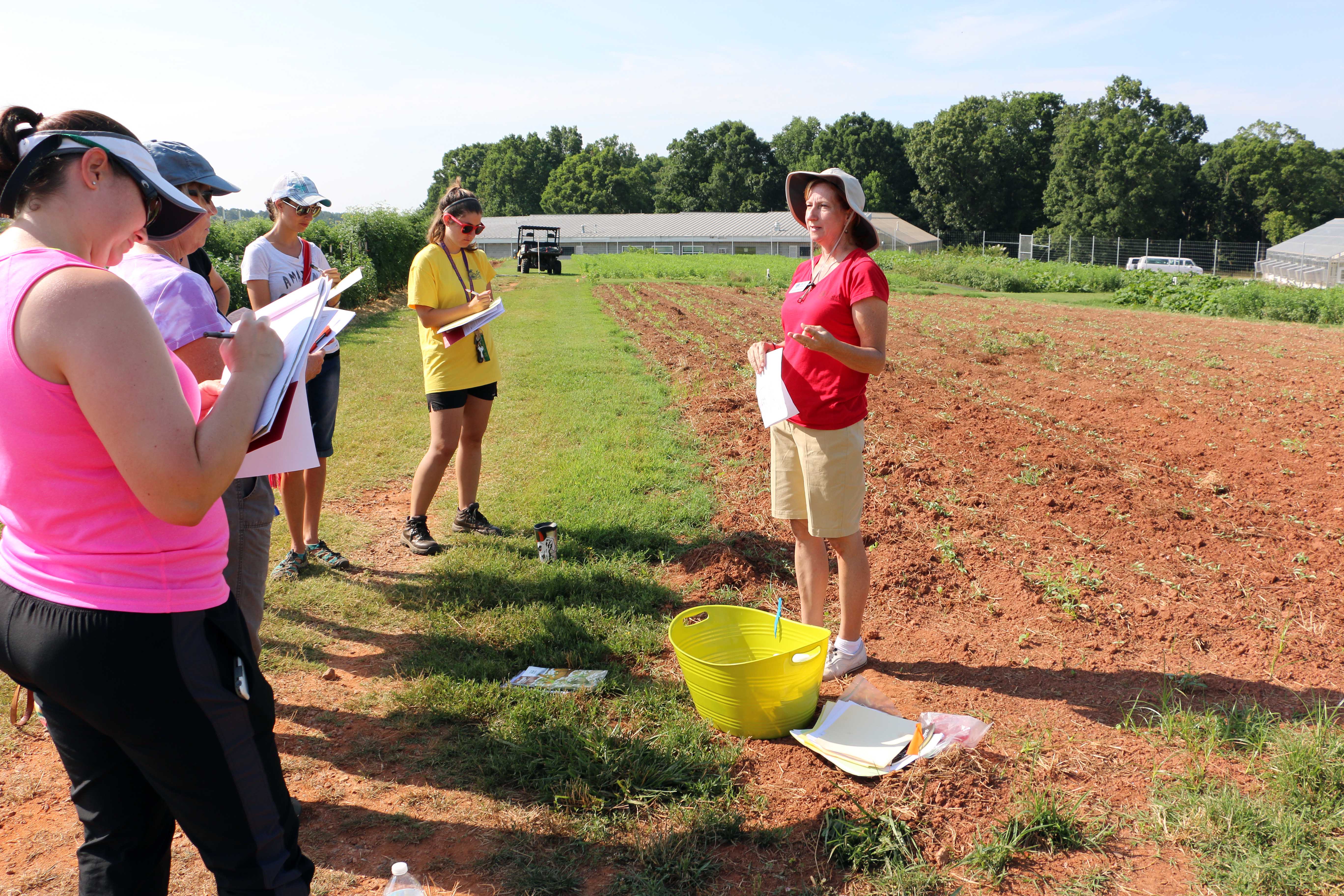Only a small percentage of pesticide applicators in Georgia are trained to do the job correctly. Some of these untrained applicators spray pesticides in schools, parks, athletic fields and roadways.
State regulations control restricted-use pesticides and contract pesticide applications. Lawn-care companies and pesticide services must be licensed to use these chemicals because they charge to apply them.
School employees, parks and recreation personnel and Department of Transportation workers aren’t required to receive training or certification unless they use restricted-use pesticides.
Concerned by this practice, University of Georgia Cooperative Extension agent Frank Hancock and pesticide specialist Paul Guillebeau began educating public workers on the proper handling of non-restricted-use pesticides.
“They may have no training of any kind, and that makes me nervous,” Guillebeau said. “There are two big mistakes people make when applying pesticides: They use too much or they apply them when children or animals are present. Applicators with no training may not recognize the risks of these actions.”
For example, Guillebeau knows of school employees who recently treated an insect infestation inside a public school with Sevin dust, a pesticide specified only for use on outdoor plants.
“A lot of parents are very concerned about how pesticides are used around their children,” Guillebeau said. “I think they would feel better knowing the people applying pesticides had some training.”
Some schools contract with pest control professionals, but continue to spray chemicals when they see insects. Guillebeau said this practice is counterproductive.
“Pest control operators very effectively use baits to control roaches,” he said. “If a teacher or janitor sees a roach and sprays it with pesticide, they are creating a barrier to the bait for the other roaches. Sealing up food in desk drawers is an effective way to keep roaches out of classrooms.”
The UGA pesticide training met a need of school, public office, parks and recreation and DOT personnel who were seeking pesticide safety training. Officially called the Georgia Competent Applicator of Pesticides Program, the training includes a three-hour pesticide safety overview and a test. It covers application and disposal, as well as other areas of concern.
The first class was held in 2008 for 32 members of the Henry County Board of Education. After completing the course, the board decided to prohibit janitors from spraying for insects around the school.
“The BOE decided to put together a team to work with pesticides rather than leaving it up to the individual janitors at each school,” Hancock said.
So far, more than 200 people have been trained with GCAPP.
The GCAPP program is available on the Web at http://ciids.org/gcapp. The annotated slideshow is designed to be delivered to a group through a county Extension agent or other moderator.
Individuals can borrow an interactive CD-Rom version of the training from their county Extension office. The individual program should be available for download by September and will include a Spanish version. After completion, individuals can return to their county office with their results to receive their certificate.
“This is an easy-to-use program available at no cost and there is no paperwork to keep up with,” Guillebeau said.
Guillebeau is currently working on a similar training for mosquito prevention and treatment.






